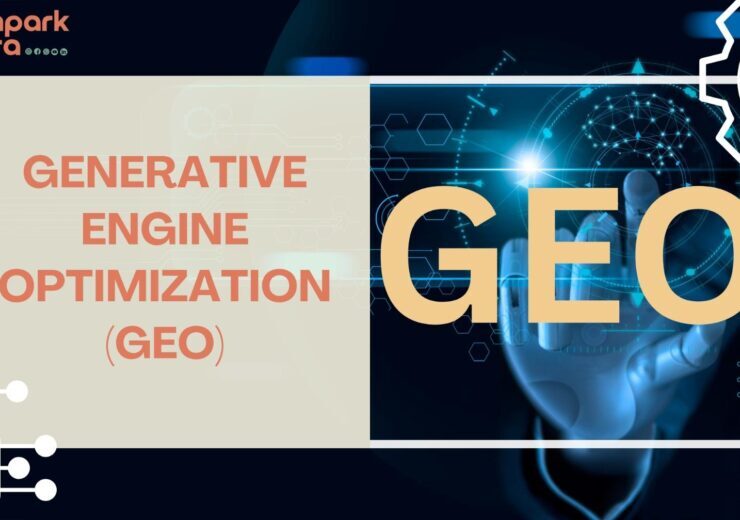How Augmented Reality (AR) and Virtual Reality (VR) are Revolutionizing SEO in 2025

How Augmented Reality (AR) and Virtual Reality (VR) are Revolutionizing SEO in 2025
In the rapidly evolving world of digital marketing, Augmented Reality (AR) and Virtual Reality (VR) are emerging as groundbreaking technologies with the potential to revolutionize Search Engine Optimization (SEO). As we step into 2025, it’s clear that AR and VR are not just buzzwords but crucial elements that can significantly enhance user experience and improve search engine rankings.
The Rise of AR and VR in Digital Marketing
AR and VR technologies have been around for a while, but their application in digital marketing has seen substantial growth in recent years. AR enhances real-world environments by overlaying digital elements, while VR offers immersive experiences by simulating real or imagined environments. These technologies are now being harnessed to create interactive and engaging content, which is a key factor in modern SEO strategies.
Enhancing User Experience with AR and VR
One of the primary goals of SEO is to enhance user experience, and AR and VR excel in this area. By providing immersive and interactive experiences, these technologies keep users engaged for longer periods. For instance, virtual tours, 3D product views, and interactive ads can captivate users, reducing bounce rates and increasing time spent on a website—both crucial factors for SEO.
AR and VR Content Optimization
Creating AR and VR content is only half the battle; optimizing it for search engines is equally important. Here are some tips for optimizing AR and VR content:
Descriptive Titles and Meta Tags: Ensure that your AR and VR content has descriptive and keyword-rich titles and meta tags.
Schema Markup: Use schema markup to help search engines understand your AR and VR content.
High-Quality Visuals: Ensure that AR and VR content is of high quality and loads quickly to avoid negatively impacting page speed.
Mobile Optimization: Since many AR and VR experiences are accessed via mobile devices, ensure that your content is mobile-friendly.
The Impact of AR and VR on Local SEO
Local SEO can benefit immensely from AR and VR technologies. Businesses can use AR to provide virtual storefronts or VR to offer virtual tours of their premises. This not only attracts local customers but also improves local search rankings. For example, real estate companies can use VR to give potential buyers virtual tours of properties, while restaurants can use AR to showcase their menu items interactively.
Measuring the Effectiveness of AR and VR in SEO
It’s important to measure the effectiveness of your AR and VR content. Use analytics tools to track user engagement, bounce rates, and the amount of time users spend interacting with your content. These metrics can provide valuable insights into how well your AR and VR content is performing and what improvements can be made.
Future Trends in AR and VR SEO
As we look to the future, AR and VR will continue to evolve, bringing new opportunities and challenges for SEO. Integration with artificial intelligence (AI) and machine learning will make these technologies even more powerful, allowing for more personalized and targeted experiences. Staying updated with the latest trends and continuously optimizing your AR and VR content will be crucial for maintaining a competitive edge.
Conclusion
AR and VR are poised to transform SEO by enhancing user experience, increasing engagement, and improving search engine rankings. By understanding and leveraging these technologies, businesses can stay ahead of the curve and ensure their digital marketing strategies are future-proof.



